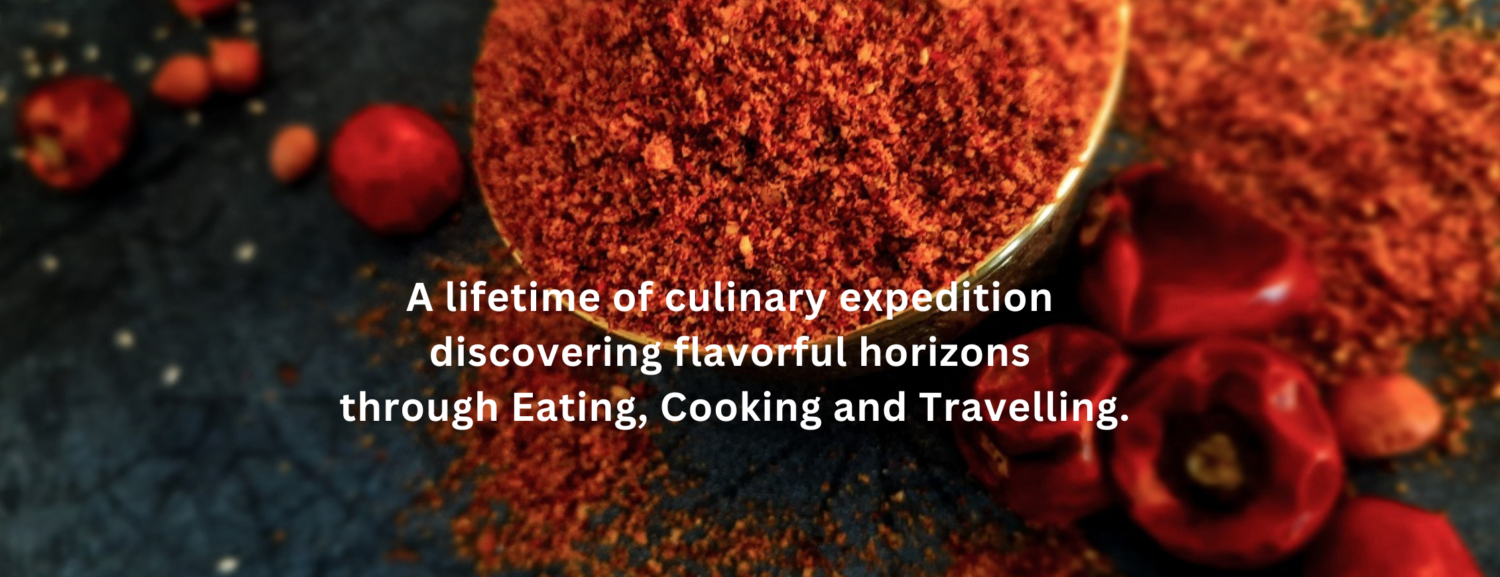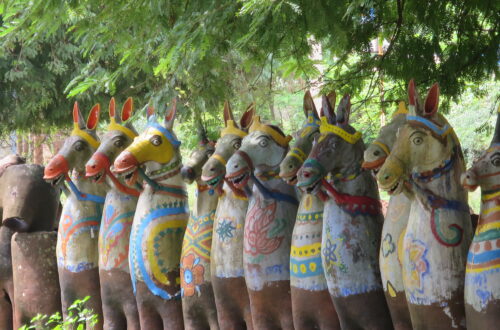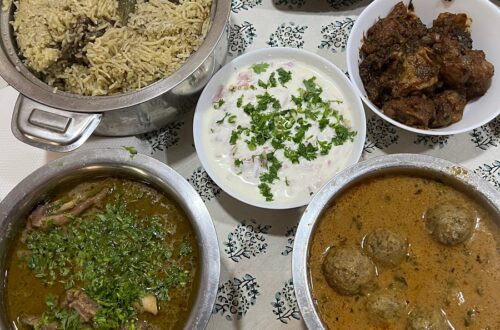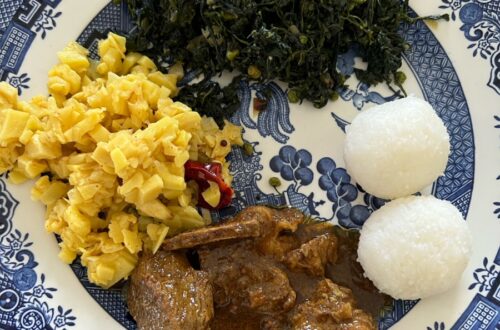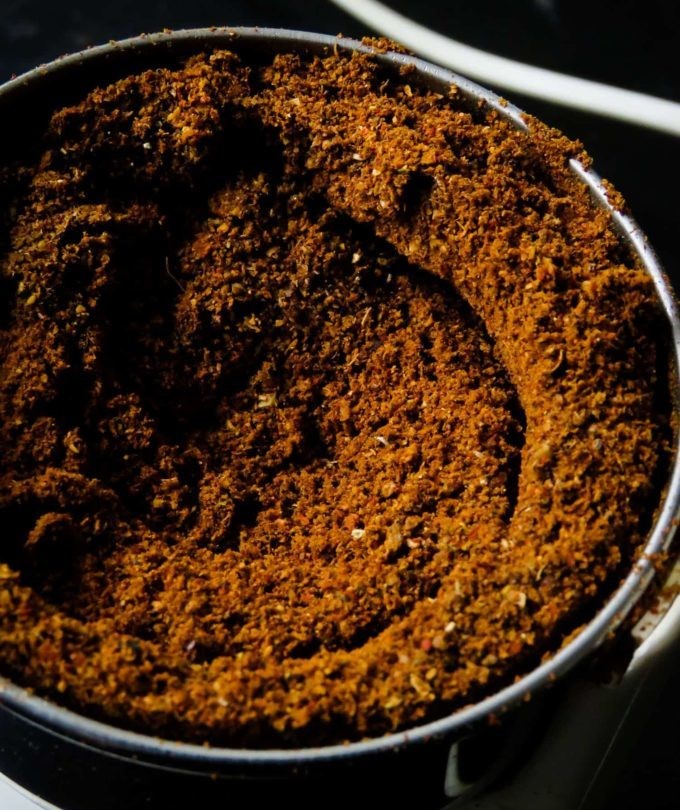
Kartha Masala -Dark Masala
After my first post about my meeting with Kaveri Ponnapa many of you have sent me messages asking me how special 𝗖𝗼𝗼𝗿𝗴 𝗣𝗮𝗻𝗱𝗶 𝗖𝘂𝗿𝗿𝘆 is?
I will daringly say it is “special” as I have not heard of any other cuisine using 𝗞𝗮𝗰𝗵a𝗺𝗽𝘂𝗹𝗶 (a potent, thick, dark, almost black looking and extremely tangy vinegar made with the juice of brindle berries) as a souring agent. Kachampuli is only added towards the end of cooking of the pork dish. This vinegar certainly makes the Pandi Curry exceptionally different from other pork dishes and I doubt replacing with lime juice, tamarind or other types of vinegar is going to give the same result! On a personal level, I think the addition of this vinegar helps to “lighten” the taste of the curry as most often only fatty, pork belly meat is used.
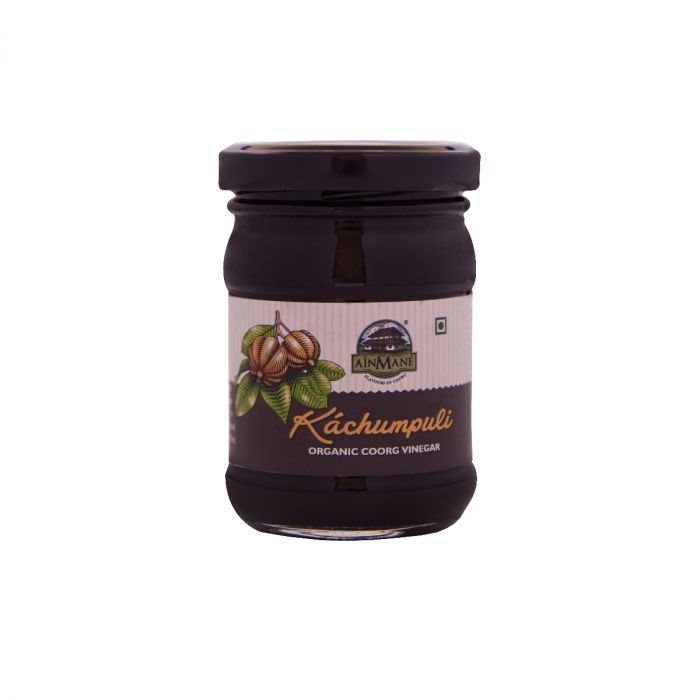
The other unique ingredient used in the making of this curry is 𝗞𝗮𝗿𝘁𝗵𝗮 𝗠𝗮𝘀𝗮𝗹𝗮 literally translated as “dark masala”. The whole spices are dry roasted, a shade darker than you would normally roast the spices and then grind these spices into a fine powder. The longer dry roasting adds a smoky-earthy taste to the curry.
I made a version of the Kartha Masala and cooked mutton ribs; the way Coorg Pandi Curry is cooked, and it tasted flavoursome!
𝗞𝗮𝗿𝘁𝗵𝗮 𝗠𝗮𝘀𝗮𝗹𝗮
30 g black mustard seeds
25 g cumin seeds
10 g cardamoms pods
10 g black peppercorns
5 g cinnamon
2.5 g fenugreek seeds
4 g cloves
Dry roast the above individually until lightly browned and fragrant.
Cool the spices well and grind them into a powder.
Sift and store in airtight jar.


